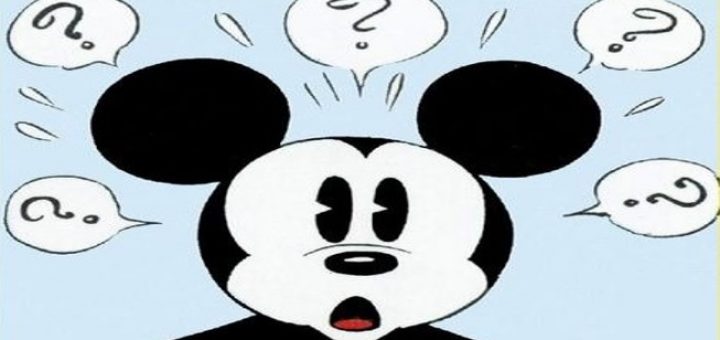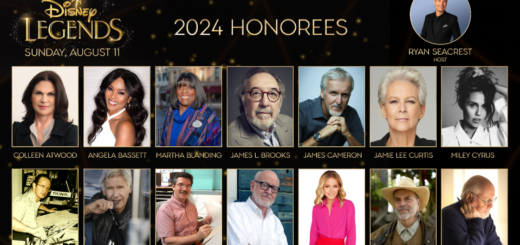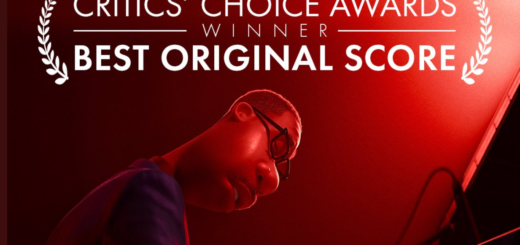What the Disney Reorg Means to Fans
Last month, I discussed the first quarter earnings report for The Walt Disney Company. It’s admittedly a dry topic that isn’t for everyone, but something has happened that should pique the curiosity of even the most financially disinterested Disney fans. At its most recent Annual Shareholders Meeting, corporate executives plotted the short-term future of the company. Last week, they announced some jaw-dropping changes that impact our beloved Mouse House immediately AND for many years to come. Here’s everything you need to know about Disney’s reorganization.
Let’s Start with the Basics
Do you own one of those novelty framed shares of Disney stock? If so, you receive dividends of around a nickel per share each quarter. We also learned during the annual shareholders meeting that your single share is one of 1,506,464,999 shares of common stock outstanding. Yes, Disney has about 1.5 billion shares floating around.
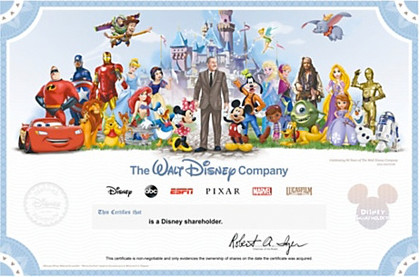

Obviously, most of the people holding those shares don’t attend shareholder meetings. There’s not a stadium in the world that can hold millions of people. What Disney does at these affairs is introduce their new Board of Directors, whose members change at least somewhat on an annual basis, and then they take questions from attendants. Sometimes, Disney also holds votes about important subjects.
The March shareholder meeting had a rare amount of fireworks. Chief Executive Officer (CEO) Bob Iger’s compensation package came into question. An advisory firm pointed out that Iger could earn $423 million over the next four years. Disney has structured his payments in this manner to reward him for remaining with the company past his intended retirement date. Think of his salary as the financial incentive that prevented Iger from running for President of the United States in 2020.
While no one could argue that Iger has done anything but excel at his job as leader of the company, the optics of the situation are uncomfortable. Disney is currently fighting labor battles on two coasts right now, as cast members at Disneyland AND Walt Disney World feel like their wages haven’t matched the cost of living in Anaheim and Orlando, two of the most expensive cities in America.
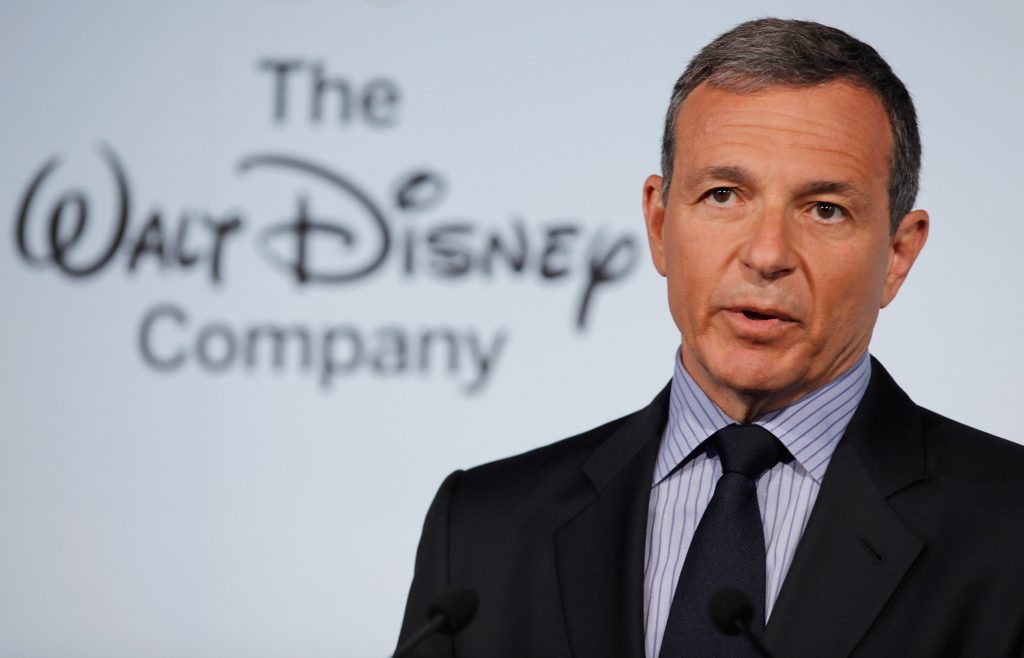

(Photo by Chip Somodevilla/Getty Images)
Iger’s pay rankled many shareholders. They expressed their displeasure by voting against his “executive pay plan.” The catch is that shareholders lack the power to enforce their opinion on the subject. The lucrative package is ultimately up to the Board of Directors. Their opinion is aptly summarized by this quote:
““The board decided it was imperative that Bob Iger remain as chairman and CEO through 2021 to provide the vision and proven leadership required to successfully complete and integrate the largest, most complex acquisition in the company’s history,” Aylwin Lewis, head of the Disney board’s compensation committee, said Thursday.”
Lewis’s words are polite but emphatic. He appreciates the perspective of observers and analysts alike, just as he understands that Disney’s completing a $52.4 billion acquisition of most 21st Century Fox assets. The money required to keep Iger running the company is chump change compared to the deal his absence might jeopardize. Disney’s perfectly willing to pay its boss more than $100 million annually to secure their future. And the future is what their recent reorganization prioritized.
The Four Are Now Three, But the Total’s Still Four
Yes, that header may give you a headache. Before you enter a Zen-like trance to debate its meaning, let me explain. Disney’s had four divisions over the past few years. Those are:
- Consumer Products & Interactive Media
- Media Networks
- Parks & Resorts
- Studio Entertainment
Last week’s announcement changes the divisions within the corporation. Disney grafted the Consumer Products & Interactive Media group into the Parks & Resorts division. The latter group is the most profitable part of the company, while the former has struggled in recent years.


With this change, the various consumer products and media endeavors are no longer under intense scrutiny. This group was already the newest, as Disney merged Disney Consumer Products and Disney Interactive almost exactly three years ago. It had struggled to gain traction for two reasons.
The primary one is that we’re in a period of flux for merchandise sales, best demonstrated by the recent collapse of Toys R Us. The other is that Disney got out of the videogame business almost two years ago. With the toy industry struggling and limited income from videogame licenses, this division hasn’t had the same opportunities as the other three Disney groups.
By folding Consumer Products & Interactive Media into Parks & Resorts, Disney creates a super-division, one that grossed 43 percent of the company’s total revenue last quarter. Yes, for the first fiscal quarter of 2018, Disney earned $15.35 billion overall. The new combined group gained $6.6 billion of that, although I should mention that $5.15 billion of it came from Parks & Resorts. The flagging Consumer Products division managed $1.45 million.
I said the following last month. “Disney’s not worried about Studio Entertainment or Consumer Products, though. They have Black Panther waiting in the wings, and it’s poised to elevate both branches.” Well, I was right about Black Panther, but I was wholly off-base about Disney’s level of concern about Consumer Products. They’ve now hidden its struggles on the financial reports by ascribing its earnings to Parks & Resorts.
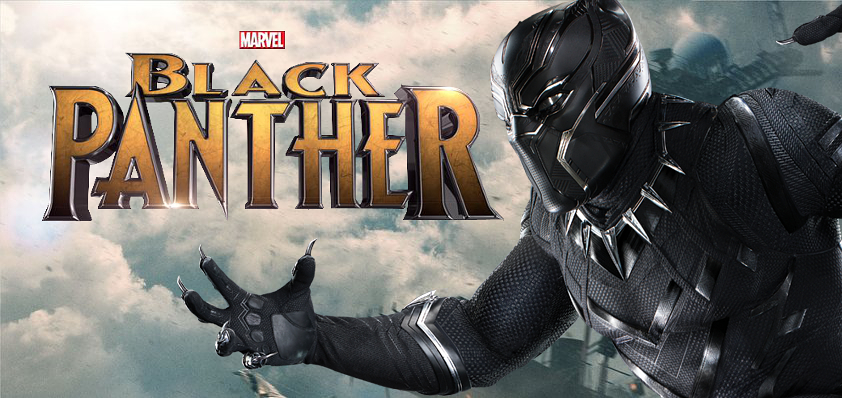
But That’s Still Only Three, Right?
Like I said, what happened is tricky to follow. While turning two former divisions into one, they also added a new group. This fourth entry isn’t even financially viable yet. Disney’s (awkwardly) named it Direct-to-Consumer and International. I know you’re thinking, “What does THAT mean?” I don’t blame you. It’s vague.
This new fourth division encompasses Disney’s streaming services. Technically, there are three of them. ESPN+ will debut over the next couple of months. The Netflix competitor will arrive sometime in 2019. And yes, that means Disney’s fiscal second quarter earnings for this group will be low. Two of the core businesses aren’t even in operation yet!
The third one is the breadwinner for now. It’s Hulu, the popular streaming service for which Disney currently owns a 30 percent share. Once they finish the Fox acquisition, however, they’ll have a majority interest in Hulu, making it a Disney product. Now, Hulu lost $920 million in 2017, so owning a larger share isn’t great at the moment.
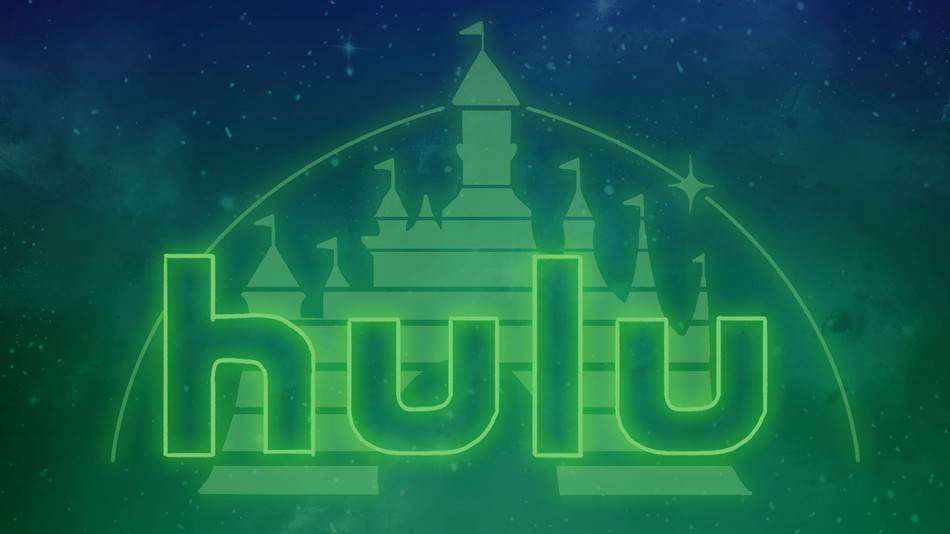

Disney has a plan to offset this loss, though. They snuck another recent purchase into their new division. Direct-to-Consumer is also in charge of BAMTech Media, the streaming infrastructure product. Think of it as the brains behind apps that you use such as WWE Network, NHL Network, and MLB.TV. While the previous owners were cagey about revenue, it was already earning $620 million all the way back in 2012, back when streaming services were still in their infancy. This product is wildly profitable and should anchor Direct-to-Consumer’s earnings for the next 18 months.
The new organization has some other interesting assets including Disney’s home video releases. It even gets to claim revenue from international television revenue, the money the company makes from advertising. Still, the emphasis of the new division is on technological innovations, both existing ones and products Disney has planned for the future. We live in a world where the internet is where people get their news and entertainment. The creation of the Direct-to-Consumer group is Disney’s way of planning for the future today.
How will these changes affect Disney in the short term? Well, the next two fiscal quarters will see a huge chunk of earnings come from one division, Parks & Resorts (technically named Walt Disney Parks, Experiences and Consumer Products). Conversely, the new Direct-to-Consumer group will have limited revenue for the rest of fiscal 2018. Otherwise, it’s business as usual for now. The impending changes are gradual ones that you’ll appreciate more over time than in a single moment, save for the debut of Disney’s Netflix competitor.
Thanks for visiting MickeyBlog.com! For a FREE quote on your next Disney vacation, fill out the form below!


